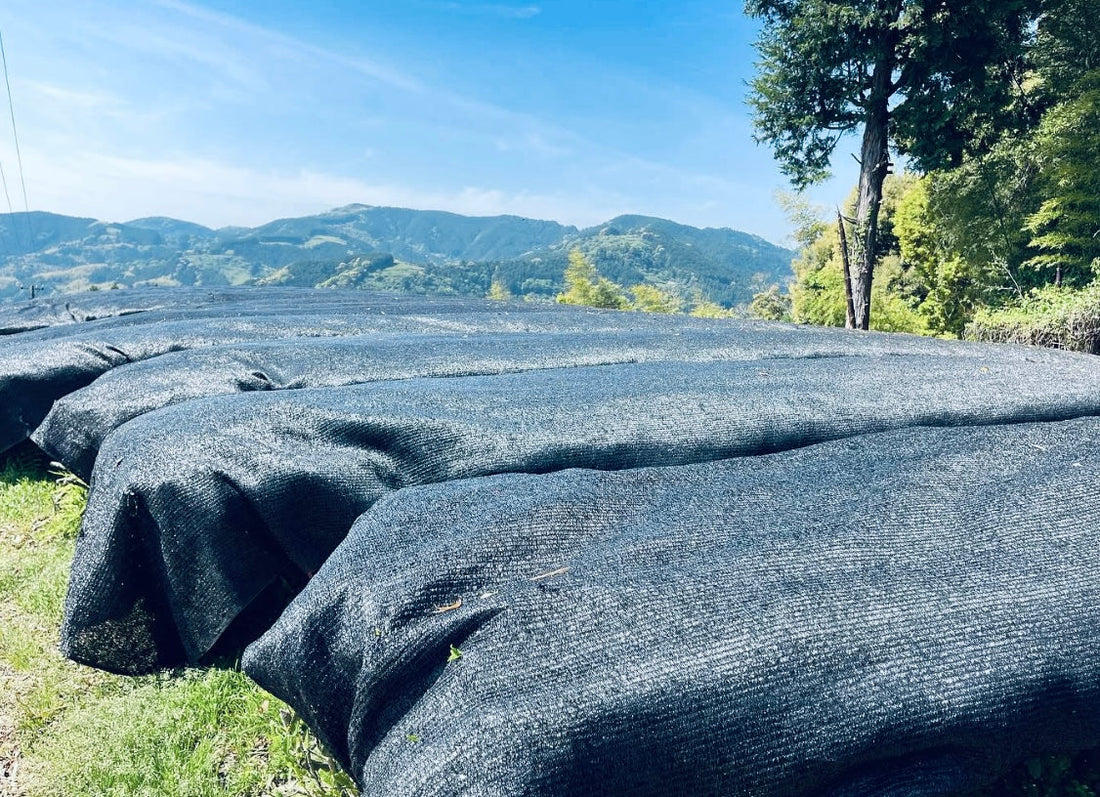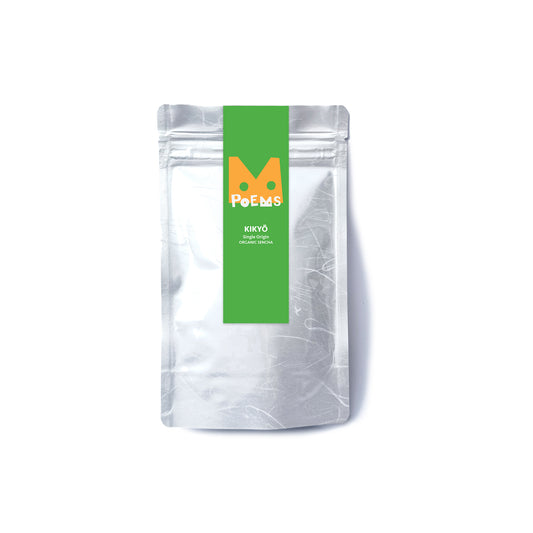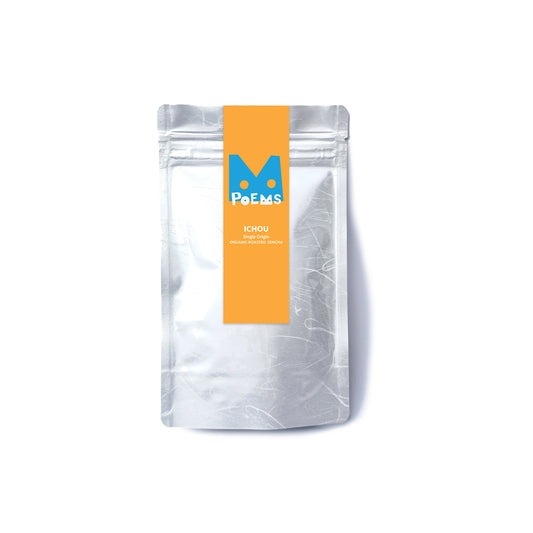
The Story Behind Our Premium UJI MATCHA
Share
Nestled in Japan’s tea-growing heartland, Wazuka, Kyoto has cultivated tea for more than 800 years, producing some of the finest Uji matcha the world has ever known.
>> Our UJI MATCHA Collection
The geographical location of Wazuka is perfect for growing tea plants - its misty hills and mineral-rich soil create the ideal conditions for tea cultivation. The natural fog protects the leaves from direct sunlight, preserving their amino acids, especially L-theanine, which gives Wazuka matcha its signature sweetness, smooth umami, and low bitterness.

At the heart of this region lies a fourth-generation family-run tea farm with over 150 years of expertise. Unlike mass-produced matcha, the farm grown in small batches and focuses exclusively on the first harvest, with 80% dedicated to Tencha (leaves that are used for producing Matcha). By harvesting only the Spring harvest (Ichibancha, First flush), the most tender and flavourful leaves of spring, the family ensures the highest quality while naturally avoiding pests without pesticides, since they trim the bushes down in preparation of the next year before the bugs become active, which means there is nothing left for them to survive on.

What sets the family apart is its commitment to natural farming methods. They follow an organic approach by using only natural fertilizers and blended in-house to suit the specific needs of the tea plants. By observing and following the needs of the field, they foster healthier, longer-living bushes, free of chemical residues. This practice reflects their deep respect for both the tea and its drinkers, prioritising wellness and sustainability.
By sing traditional stone mill grinders for our Ceremonial Grade Matcha, the leaves are slowly ground into a fine, vibrant green powder that captures the full aroma and nutrients of the tea leaf. The result? A rich, smooth matcha that speaks to centuries of craftsmanship.




